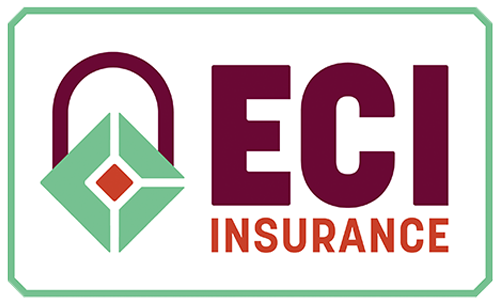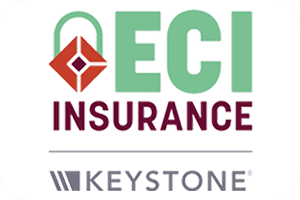You’ve probably been driving down the road and seen a work truck or van with their business plastered all over the side of it at some point.
As your eyes scan the design and logo there’s a good chance that you’ve seen a common phrase included in there,
“Bonded and Insured.”
This phrase—which is pretty common for contractors to use—is meant to give you the client a sense of relief and safety as it should.
Being insured depending on what a business is doing can be a simple or difficult path, but being bonded is a different beast all together.
So often businesses that come to us are required by some entity to get a specific type of bond.
For example, if you’re a plumbing, electrical, or mechanical contractor in Oklahoma, the Construction Industries Board will require a license & permit bond. If you’re a Concrete contractor in Midwest City, Oklahoma requires you to post a $5,000 surety bond to protect customers from fraudulent activity that may occur.
SO WHAT IS A SURETY BOND?
A surety bond is simply a legal contract that occurs between three parties: Principal, Surety and Obligee.
The surety provides a financial promise to the obligee (i.e. government or general contractor, etc.) that the principal (business owner) will fulfill what they promised to do.
An example of this is a brick layer purchases a performance bond and guarantees to the oblige they can do this brick job for a certain amount of money within a certain amount of time. The surety company backs the bond if a claim happens.
A surety bond simply a way to transfer risk from one party to another.
A principal’s (business owner’s) “obligations” could mean obeying state laws and guidelines relating to a specific business licenses, or complying with the terms of a construction contract. All of these requirements depend on the type of surety bond you need.
If the principal fails to meet their agreed upon obligations with the obligee, the surety may be required to resolve the dispute by paying a claim to the obligee.
It is in this sense that a surety bond is similar to a form of credit extended to the principal by the surety.
WHAT DOES A SURETY BOND GUARANTEE?
Depending on what type of surety bond you purchase depends on what is being guaranteed.
For license & permit bonds, these type promises that a principal understands and follows the appropriate regulations and practices outlined for their specific industry license.
This is where the term “licensed & bonded” comes from.
Examples of a license violation could include fraud, misrepresentation, or late payment.
If a covered violation causes a claim against the bond that the principal is unable to resolve, the surety will be required to pay the claim to the obligee.
In the construction arena, surety bonds typically safeguard that a bonded contractor will fulfill their responsibilities that are outlined in the contract.
If a bonded contractor does not follow through on the contract requirements, the surety guarantees that the obligee will be made whole.
This can include either a financial payout or taking other actions to make sure the work is completed per the terms of the contract.
This is why surety companies dive in to financial health not only for the business, but any owner’s personal finances as well.
WHAT HAPPENS IF A CLAIM IS PAID BY THE SURETY?
As a bonded principal, it’s important to show that you’ve taken every step to avoid a claim.
Claims may happen in the process of conducting business, whether valid or invalid, but it is the sole responsibility of the principal to make sure the disagreements are resolved prior to the surety paying out on a claim.
With a bond, you will be required to sign something called an indemnity agreement with the surety company. This is an agreement that says you will pay the surety company back.
The surety is only extending you credit, and therefore will expect to be reimbursed if a valid claim is paid.
Having a paid surety claim may make it very difficult for you to become bonded again in the future, as it is a standard question on all bond applications, and is usually a cause for declination.
IS A SURETY BOND INSURANCE FOR MY BUSINESS?
To understand what a surety bond is, it’s helpful to know what it is not.
A false misconception is that a surety bond is insurance for your business.
This is not true.
Instead, bonds are more like insurance for the public , or your customers, that you are required to pay for.
Consider surety bonds a cost of doing business with the U.S. government.
Most businesses are also required to have some sort of separate business general liability coverage that protects their business from routine perils and losses.
It’s important to understand that difference between the two to make sure you have the right type of coverage for your business.
Bonding can be confusing.
Make sure you’re speaking to a local, independent insurance agent to help you through the process.
Need a license & permit bond, crime bond, auto dealers bond, or freight broker bond? Call our office at (405) 373-2977 or contact us.



